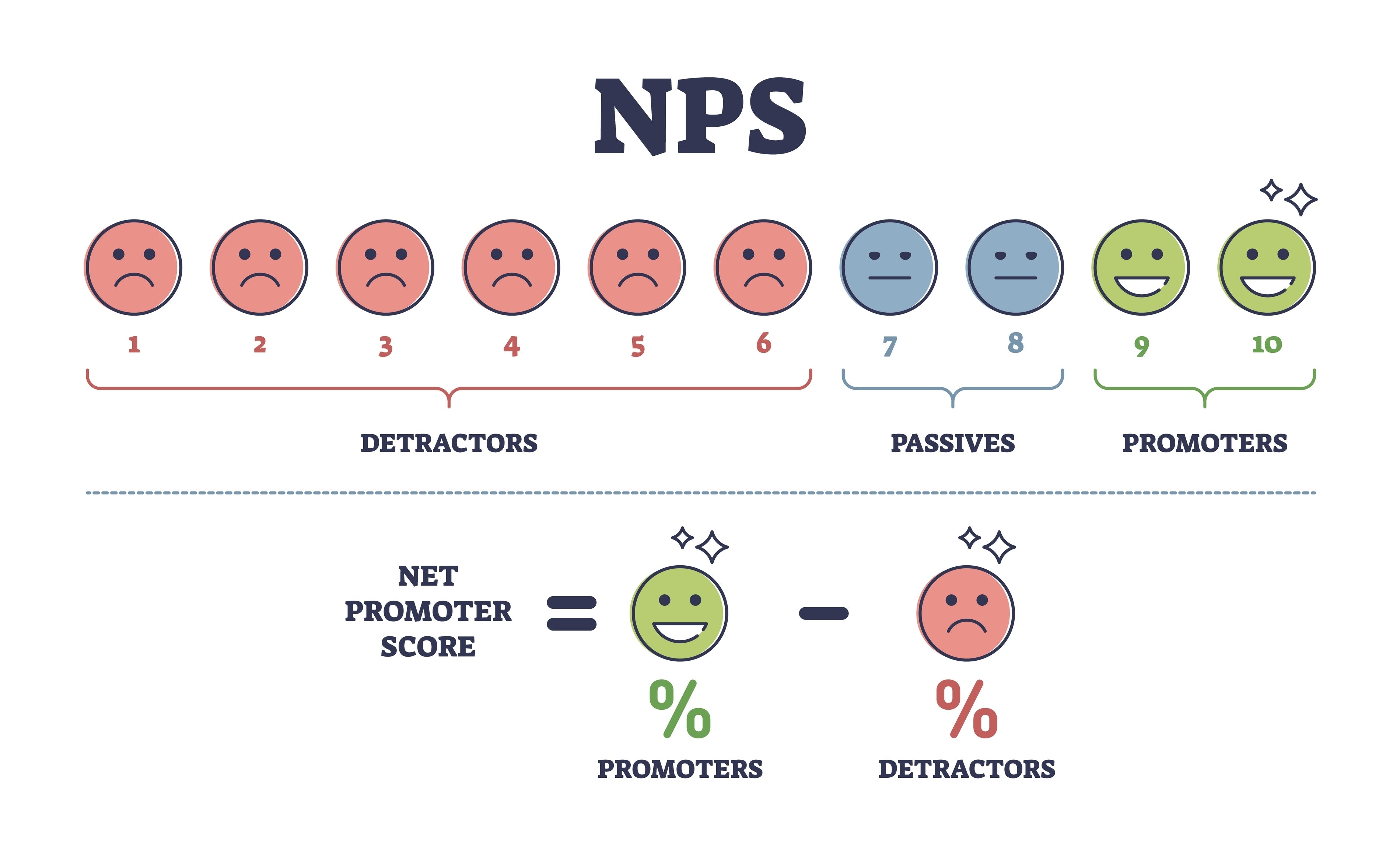Have you ever noticed that the professionals most likely to attract interest on social media are often the least inclined to use it?
I am thinking of business owners and senior executives who have fantastic experience and know-how that others would love to hear about. The problem? They’re usually so focused on their priorities, and so busy in general, that they spend little or no time on social media.
That was me not long ago. I spent the first 25 years of my career almost entirely focused on the job in front of me. When I went in-house, I saw the value in interacting with other in-house lawyers, so became active in ACC. Good call. As much enjoyment as I got out of the interactions, I could justify them by the business benefit I got from meeting with peers.
As for social media, I barely gave it a moment’s thought. I created a Facebook profile and then largely deleted it because of privacy concerns. I think I went more than a decade without once logging in. Later I set up a LinkedIn profile — isn’t that what professionals do? —and then let it languish.

At least I would check in on LinkedIn every couple of months and, if someone I knew sent me an invitation to connect, I would accept. I think I created my first post in 2021, although I’ve since gotten quite a bit more active. Still, when I tell you I doubled my connections in the last year you should not be impressed.
Being relatively new to the game, I have been carefully observing how others behave, what seems to work well, and what gets people in trouble. I think I’ve identified some parallels to other professional pursuits that may shed some light on basic human nature. Understanding this, perhaps we can improve our performance not just on social media but in other areas of our jobs and our lives.
I’ve still got questions, though. Maybe you can help me understand.
Is it possible to post anything of substance without attracting detractors?
In my experience, a certain percentage of people simply disagree with you, no matter what point you’re making. (I’m not talking about cat videos or people-are-amazing clips. Everyone loves those.) Looking at polls from Rasmussen Reports over the last few years, it seems around 25 percent of those polled reliably express downright bizarre opinions.

This is consistent with something I noticed when I started teaching about 10 years ago. I would prepare diligently for my classes, and tried hard to be informative and entertaining. I watched other great lecturers and applied continuous improvement principles. And yet, no matter the topic or the class, I would simply not click with maybe 10 percent of the group, sometimes more.
Could it be me?
Yes, of course, there could be style I could adopt that would click with the other 10 percent or so of the class. But seeing the phenomenon now repeated in other domains, whether I’m trying to be serious or funny, supportive or critical, I’ve come to believe that perfect communication with 100 percent of your audience is simply impossible.
Repeating my classes over multiple years helped me realize it might not entirely be my fault. That’s because the critical feedback from year to year differs significantly, even though I deliver the same (or hopefully continuously better) lectures. This is not surprising when you think about it. From psychology we know that people are emotional, irrational, biased, and suffer routinely from cognitive dissonance. At any moment, a certain percentage of any large group is going to see the same story unfold but take away a very different meaning.

As a result, I’ve learned to expect dissonant responses on social media and I don’t let it bother me. Well, at least I try. It helps me when I remember that many more readers are either neutral or positive than will ever let you know. In other words, there are many viewers who silently appreciate your point. I’ve had many conversations with colleagues and been happily surprised when they refer to a post or an article they saw. I didn’t know they were there.
What is the ratio of lurkers to posters?
I think lurkers, or passive viewers to make it seem less creepy, outnumber posters by at least 10 to one. And of the posters, a small but vocal minority who feel passionate about certain topics often dominate the public space. Let’s posit that one percent are grouchy, nine percent positive, and 90 percent silent.
You will measure your communication effectiveness your own way. But don’t be too hard on yourself. If you find yourself connecting with the majority of your audience, feel free to ignore the small and grouchy minority. One of the very best things I learned on Facebook was the power of blocking people determined to be jerks. I’ve only had to use it once, but the benefit to my wellbeing was immediate.
If only I could find a way to do the same in real life.
Be well.
P.S. If you are reading this, I feel like I know you already. Thus, if you send me a connection request on LinkedIn; I will accept it. And we will both build our professional networks. Go ahead, I’ll wait.
Disclaimer: The information in any resource in this website should not be construed as legal advice or as a legal opinion on specific facts, and should not be considered representing the views of its authors, its sponsors, and/or ACC. These resources are not intended as a definitive statement on the subject addressed. Rather, they are intended to serve as a tool providing practical guidance and references for the busy in-house practitioner and other readers.




